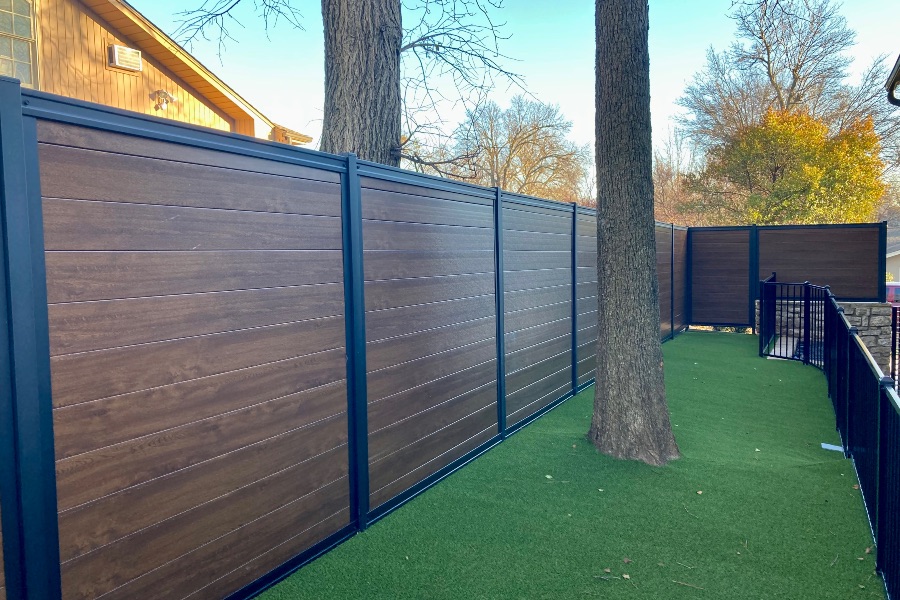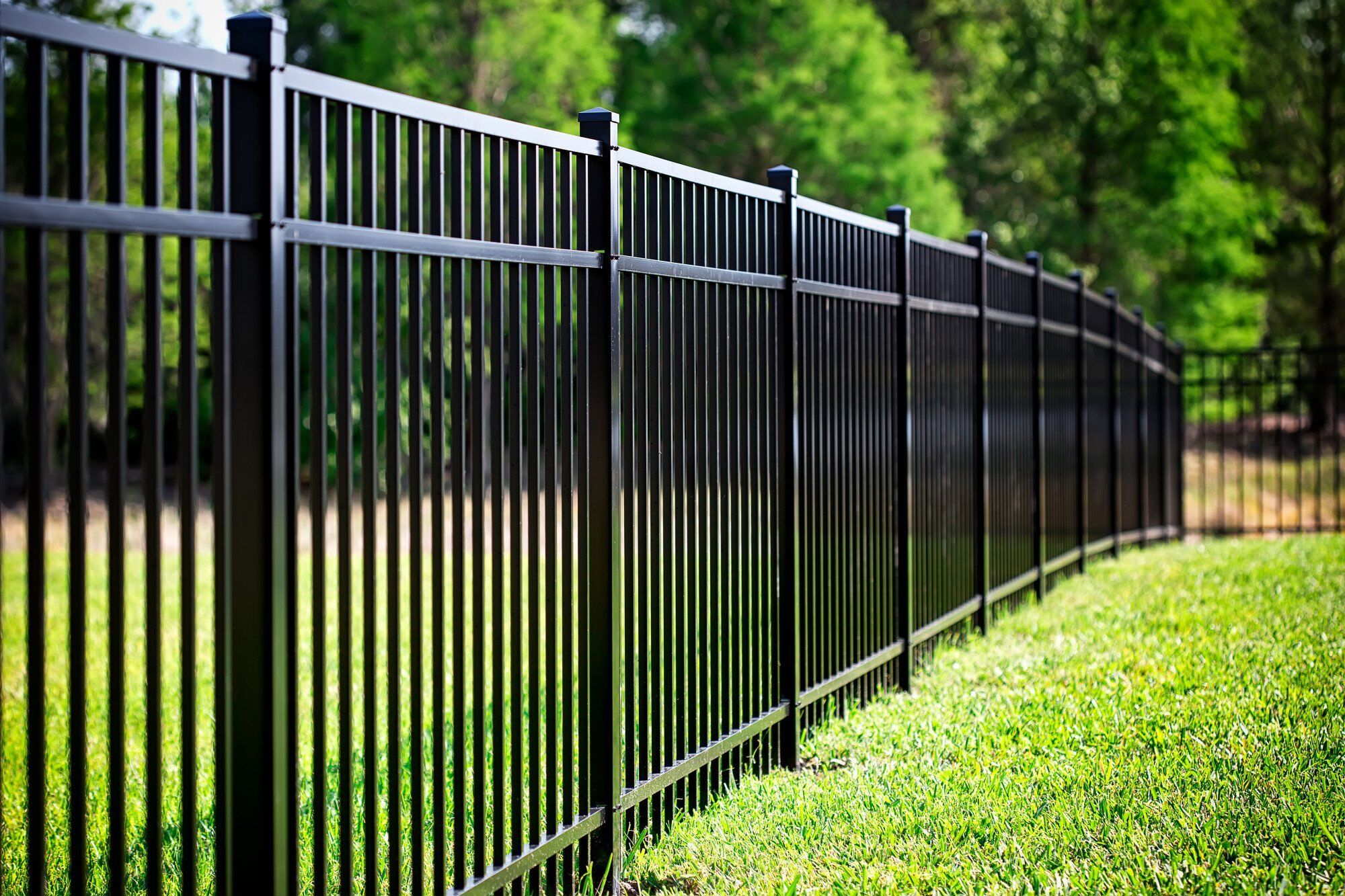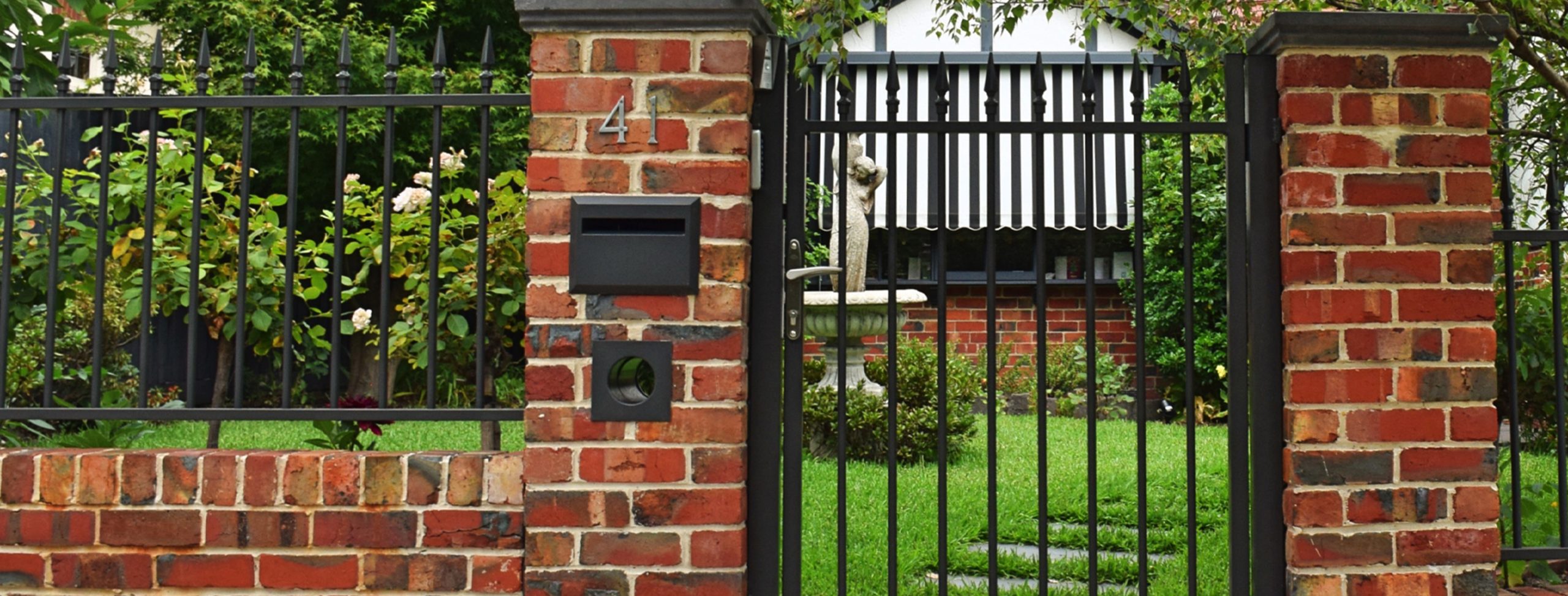All Categories
Featured
If you're taking into consideration installing a fencing around your home, understanding the permit needs in your location is important. In this overview, we'll damage down the various licenses you may require to install a fencing and just how to ensure your job stays certified with local laws.
Why Are Permits Essential for Fence Installation? Authorizations are required to make sure that the fencing you develop stick to local building regulations, zoning regulations, and security standards. These authorizations are in location to secure your property, the residential or commercial properties around you, and the setting. They make certain that the fence won't block utilities, traffic flow, or create hazards for pedestrians. In addition, they assist preserve the visual and structural integrity of your neighborhood.
![]()
Kinds of Permits You May Need. Structure Authorization. A structure permit is the most common need for mounting a fencing. This authorization guarantees that the framework you construct follow regional security codes and policies. If your fencing exceeds a certain height (usually around 6 feet), you may need to get a building license. The neighborhood authorities will commonly review your strategies to guarantee that your fence is structurally sound and secure.
Zoning License. A zoning authorization ensures that your fence abides with these laws. Your fence may need to be established back a certain distance from pathways or residential property lines.
Homeowners Association (HOA) Approval. If your home is component of a property owners association, you may require authorization prior to setting up a fencing. HOAs typically have strict rules concerning the type, design, and products made use of for fences to preserve a consistent look throughout the area. The HOA may need you to send comprehensive strategies or demand authorization prior to installation. See to it you comply with these standards to stay clear of potential fines or penalties.
Specialty Permits. In some situations, you may need specialty permits based on the location of your building or the nature of your fence. If your property is in a flooding area, you might require extra authorizations to ensure that your fencing does not obstruct drain or water circulation. In a similar way, if you intend to construct a fencing near an ecologically safeguarded area, you may need an unique authorization to adhere to environmental policies.
![]()
Energy Easements and Utility Company Authorizations. Before installing a fencing, you have to check if your residential or commercial property has an easement. Building a fence within an easement could interfere with energy maintenance or damages underground lines.
How to Establish Which Allows You Required. Check with Neighborhood Authorities. The very first action in figuring out the authorizations needed is to call your local structure division or zoning workplace. They can offer particular information about what authorizations are required for your area. Numerous cities have on the internet sources or sites where you can inspect the needs and even request a permit online.
Seek Advice From a Specialist Fencing Professional. A local fence specialist is frequently accustomed to the permit process and local laws. They can assist you browse the requirements and ensure that your project is compliant. Several professionals additionally handle the license application process in your place, saving you effort and time.
Review Your Community's HOA Standards. Make certain to review their guidelines prior to using for any kind of authorizations if you live in a neighborhood controlled by an HOA. The HOA might call for particular layouts, materials, or elevation constraints for fences within the area. Send your plans to them for approval prior to continuing.
![]()
Repercussions of Not Getting a Permit. Mounting a fencing without the needed licenses can result in significant repercussions. You might deal with penalties, be gotten to get rid of the fencing, or be called for to redesign the installation to fulfill code requirements. In enhancement, marketing your home might be complicated if the fencing doesn't meet neighborhood guidelines. Potential purchasers might wait to purchase a home with an unpermitted fence, particularly if it remains in infraction of zoning regulations.
Final thought. Before installing a fence on your residential or commercial property, make certain you recognize the regional guidelines and obtain any needed permits. Building authorizations, zoning authorizations, HOA authorizations, and specialty permits all play an important function in making sure that your fence is secure, legal, and certified. Putting in the time to study and secure the suitable licenses will conserve you from expensive mistakes and potential legal issues in the future. Whether you're intending a personal privacy fencing or an ornamental limit, adhering to these steps will certainly aid make the installation procedure smooth and problem-free.
Why Are Permits Essential for Fence Installation? Authorizations are required to make sure that the fencing you develop stick to local building regulations, zoning regulations, and security standards. These authorizations are in location to secure your property, the residential or commercial properties around you, and the setting. They make certain that the fence won't block utilities, traffic flow, or create hazards for pedestrians. In addition, they assist preserve the visual and structural integrity of your neighborhood.

Kinds of Permits You May Need. Structure Authorization. A structure permit is the most common need for mounting a fencing. This authorization guarantees that the framework you construct follow regional security codes and policies. If your fencing exceeds a certain height (usually around 6 feet), you may need to get a building license. The neighborhood authorities will commonly review your strategies to guarantee that your fence is structurally sound and secure.
Zoning License. A zoning authorization ensures that your fence abides with these laws. Your fence may need to be established back a certain distance from pathways or residential property lines.
Homeowners Association (HOA) Approval. If your home is component of a property owners association, you may require authorization prior to setting up a fencing. HOAs typically have strict rules concerning the type, design, and products made use of for fences to preserve a consistent look throughout the area. The HOA may need you to send comprehensive strategies or demand authorization prior to installation. See to it you comply with these standards to stay clear of potential fines or penalties.
Specialty Permits. In some situations, you may need specialty permits based on the location of your building or the nature of your fence. If your property is in a flooding area, you might require extra authorizations to ensure that your fencing does not obstruct drain or water circulation. In a similar way, if you intend to construct a fencing near an ecologically safeguarded area, you may need an unique authorization to adhere to environmental policies.

Energy Easements and Utility Company Authorizations. Before installing a fencing, you have to check if your residential or commercial property has an easement. Building a fence within an easement could interfere with energy maintenance or damages underground lines.
How to Establish Which Allows You Required. Check with Neighborhood Authorities. The very first action in figuring out the authorizations needed is to call your local structure division or zoning workplace. They can offer particular information about what authorizations are required for your area. Numerous cities have on the internet sources or sites where you can inspect the needs and even request a permit online.
Seek Advice From a Specialist Fencing Professional. A local fence specialist is frequently accustomed to the permit process and local laws. They can assist you browse the requirements and ensure that your project is compliant. Several professionals additionally handle the license application process in your place, saving you effort and time.
Review Your Community's HOA Standards. Make certain to review their guidelines prior to using for any kind of authorizations if you live in a neighborhood controlled by an HOA. The HOA might call for particular layouts, materials, or elevation constraints for fences within the area. Send your plans to them for approval prior to continuing.

Repercussions of Not Getting a Permit. Mounting a fencing without the needed licenses can result in significant repercussions. You might deal with penalties, be gotten to get rid of the fencing, or be called for to redesign the installation to fulfill code requirements. In enhancement, marketing your home might be complicated if the fencing doesn't meet neighborhood guidelines. Potential purchasers might wait to purchase a home with an unpermitted fence, particularly if it remains in infraction of zoning regulations.
Final thought. Before installing a fence on your residential or commercial property, make certain you recognize the regional guidelines and obtain any needed permits. Building authorizations, zoning authorizations, HOA authorizations, and specialty permits all play an important function in making sure that your fence is secure, legal, and certified. Putting in the time to study and secure the suitable licenses will conserve you from expensive mistakes and potential legal issues in the future. Whether you're intending a personal privacy fencing or an ornamental limit, adhering to these steps will certainly aid make the installation procedure smooth and problem-free.
Latest Posts
Explore Cost-Effective Auto Repairs with Montclare’s Limited-Time Service Specials
Published en
1 min read
Join WyHy FCU – Essential Perks for Your Financial Future
Published en
1 min read
Explore the Storied Past of Deauville Inn: From Speakeasy to Jersey Shore Icon
Published en
2 min read
More
Latest Posts
Explore Cost-Effective Auto Repairs with Montclare’s Limited-Time Service Specials
Published May 21, 25
1 min read
Join WyHy FCU – Essential Perks for Your Financial Future
Published May 21, 25
1 min read
Explore the Storied Past of Deauville Inn: From Speakeasy to Jersey Shore Icon
Published May 19, 25
2 min read